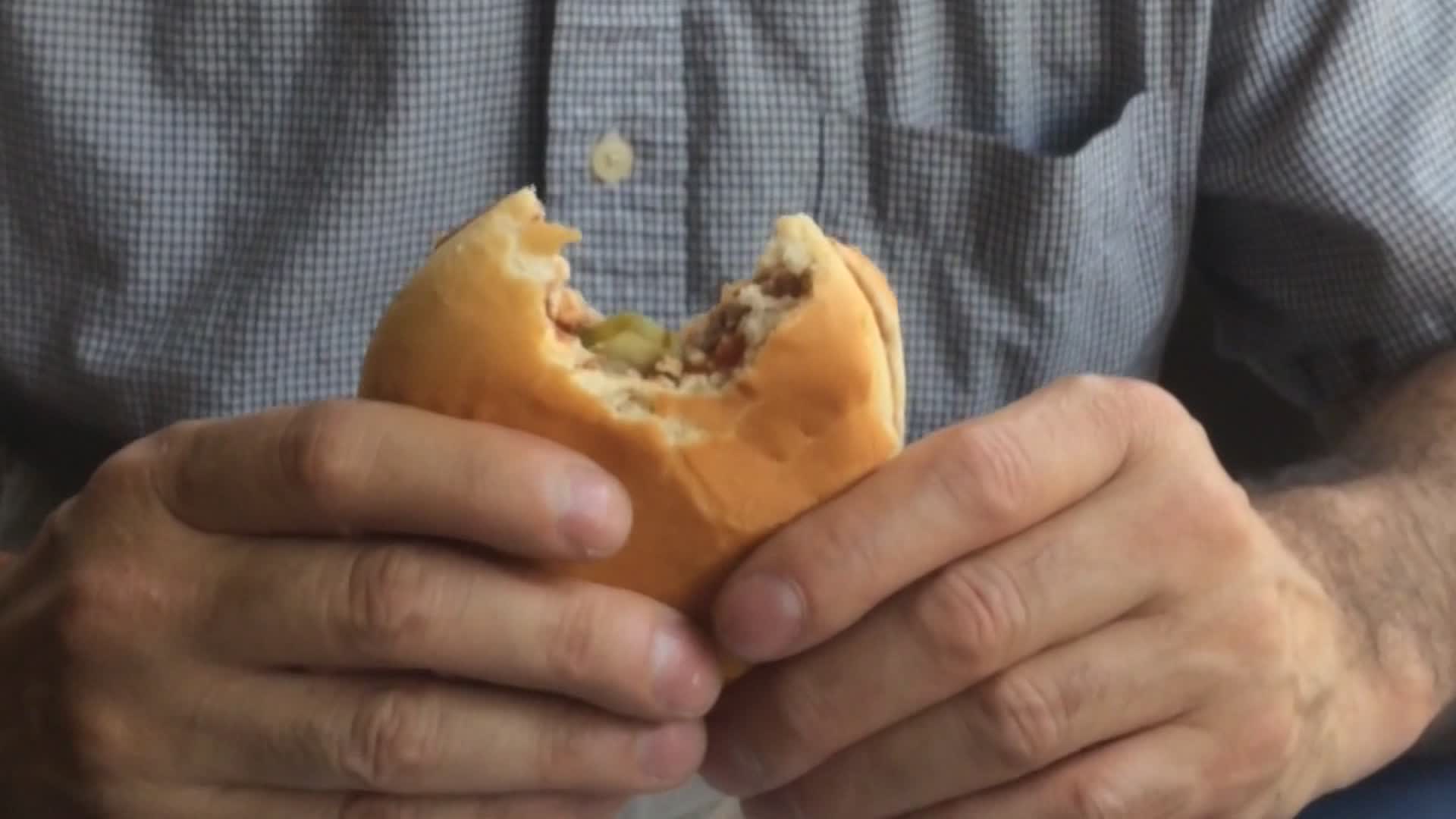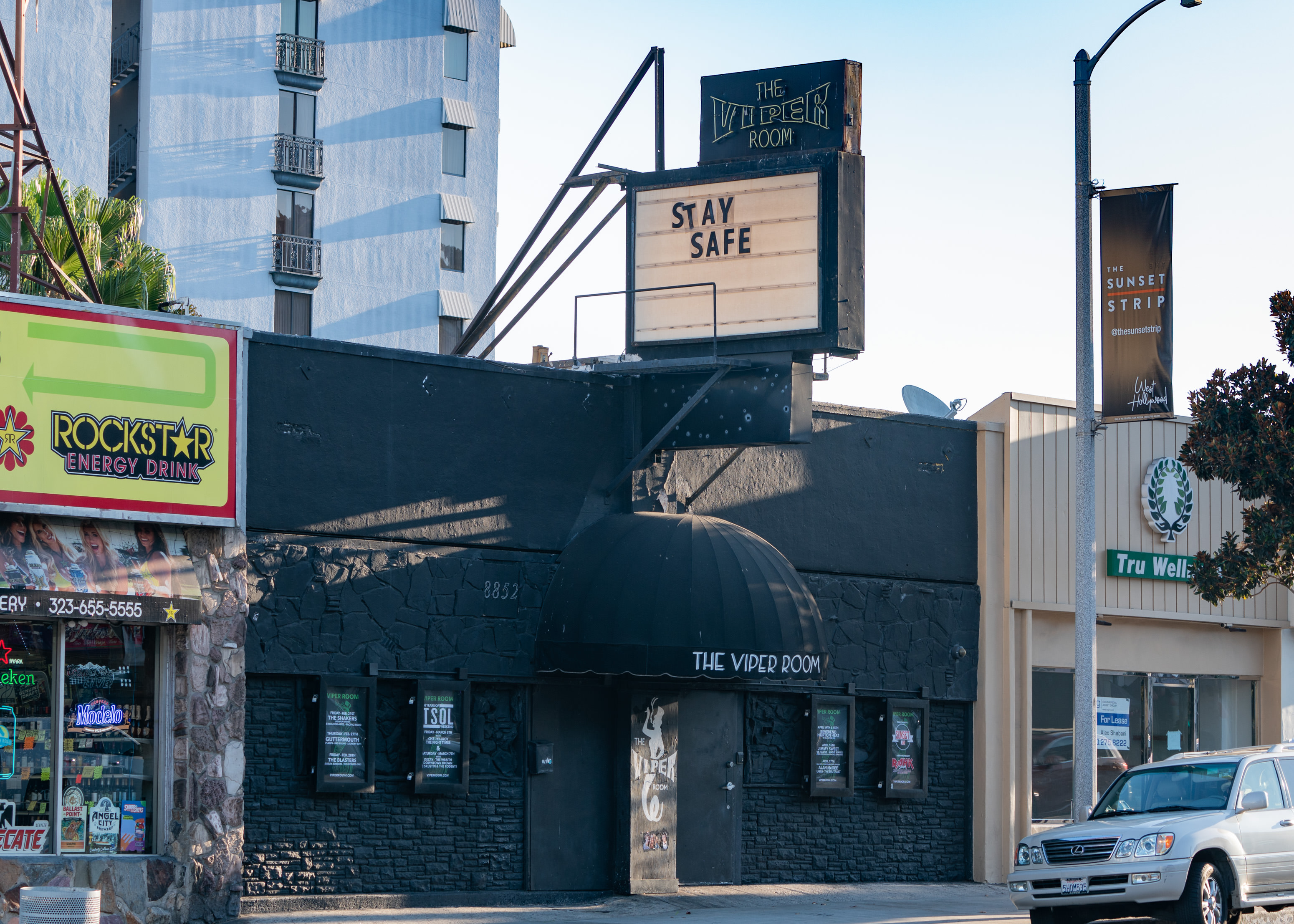Debit or credit? You’re probably asked this question at the cash register several times a day, and if you usually answer "debit," you’re putting your money at greater risk than you might think.
When you use your credit card, you’re essentially taking out an interest-bearing loan; in return, the issuer offers perks, such as airline miles, and guarantees some consumer protection in cases of fraud.
Despite the benefits, nearly all the consumers the NBC4 I-Team approached on a recent afternoon said they prefer to use debit cards for daily expenses.
"Here, I use debit," said Patricia Rodriguez, who was paying for groceries at the Handy Market in Burbank.
Fellow shopper Tracy Hamanaka agreed.
"Why debit? Because it’s cheaper," Hamanaka explained. "I don’t like spending money that is invisible to me (like it seems to be with credit cards). I like spending money I know that I have."
The shoppers shared one prevailing opinion: that using a debit card is "safer" because it only allows consumers to spend only the money that’s in their bank accounts, which helps them avoid overspending and paying interest.
But what makes the cards so appealing is also what makes them riskier than credit cards: Because the cash is instantly withdrawn from your account when you choose "debit," you’re left more vulnerable to fraud.
Even if you instruct the cashier to process a transaction as "credit," you won't get the same level of protection as a credit card.
"The 'credit' or 'debit' you get prompted with (at the register) is a misnomer," said Kevin Yuann, a former Visa manager who now writes for the financial blog NerdWallet.
"What it really means," Yuann told the I-Team, "is do you want your debit transaction processed as a 'signature debit' or 'PIN debit.' You won't get the same level of protection as a credit card regardless of what you choose when you check out with a debit card."
News
Top news of the day
If someone steals and uses your credit card, the Fair Credit Billing Act (FCBA) limits your liability to $50. However, if you report a credit card as lost or stolen before it’s used, you aren’t liable for any charges you didn’t authorize.
Similarly, if you report an ATM or debit card missing before someone uses it, the Electronic Fund Transfer Act (EFTA) says you aren’t responsible for any unauthorized transactions. However, if someone uses your ATM or debit card before you report it lost or stolen, your liability depends on how quickly you report it.
If you report it missing within two business days, your maximum loss is $50; after that, up to 60 calendar days, and your maximum loss grows to $500.
If you wait more than 60 calendar days after your statement is sent to you to report the missing card, you’re liable for all the money taken from your account, and possibly even more (for example, if you have overdraft protection, or money in accounts linked to your debit account).
With the FBI warning about the spread of card "skimming" operations, in which thieves steal PIN numbers or private information embedded in the magnetic strips of ATM and debit cards, some consumer advocates suggest limiting your use of ATM and debit cards to making cash withdrawls – and even then, using extreme care to avoid being "skimmed."
The Federal Trade Commission offers these other tips:
- Don’t carry your PIN in your wallet, purse or pocket.
- Carefully check your ATM or debit card transactions on your bank’s website, weekly if possible.
- Report any suspicious activity in your account immediately.
If you have a tip on this story — or anything else — the I-Team wants to hear from you. Give us a call at 818-520-TIPS or email nbc4iteam@nbcuni.com.



